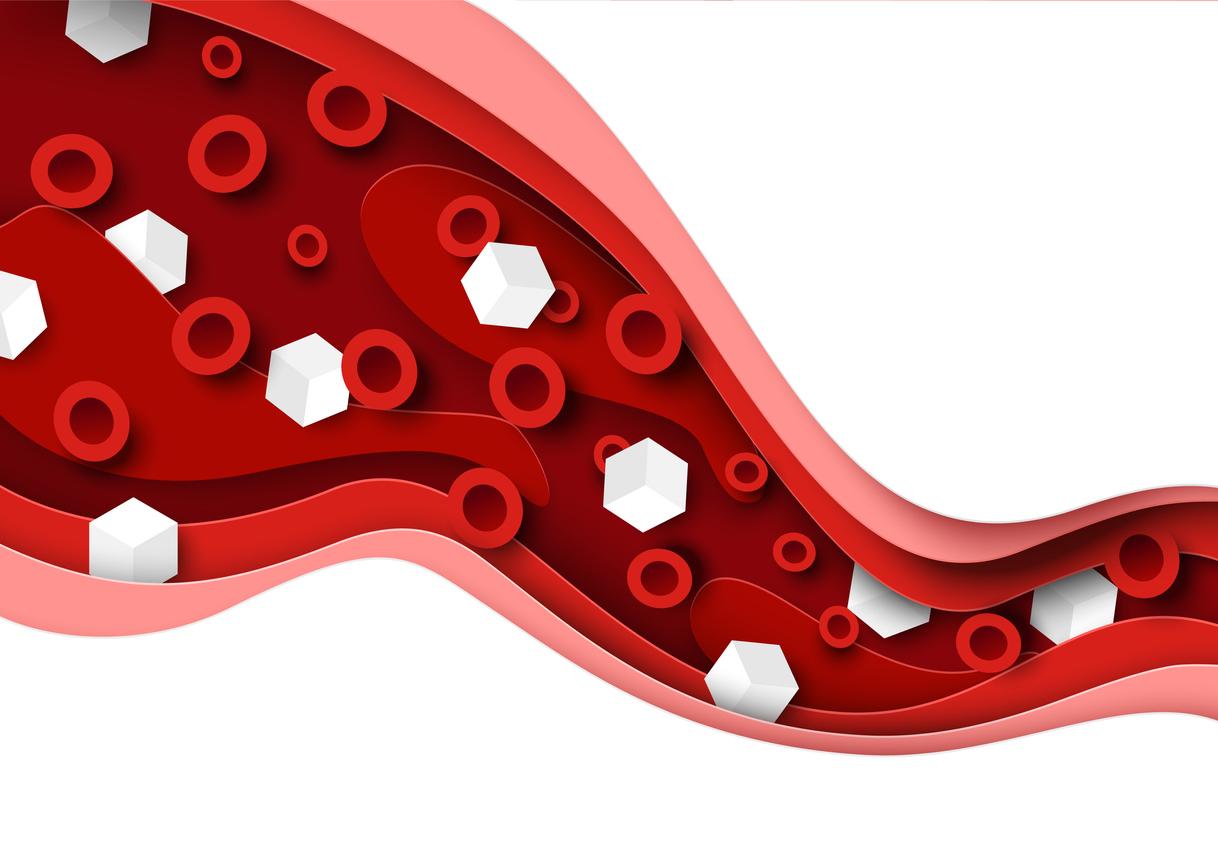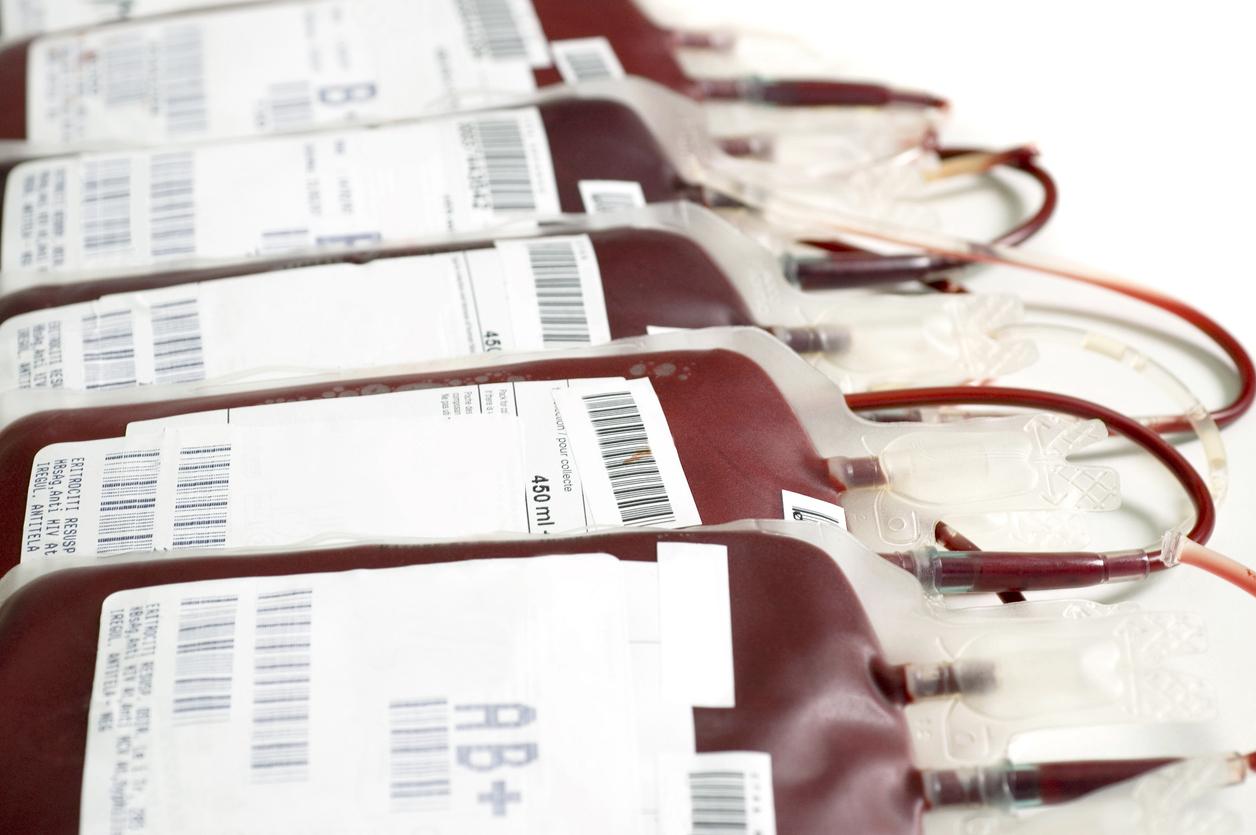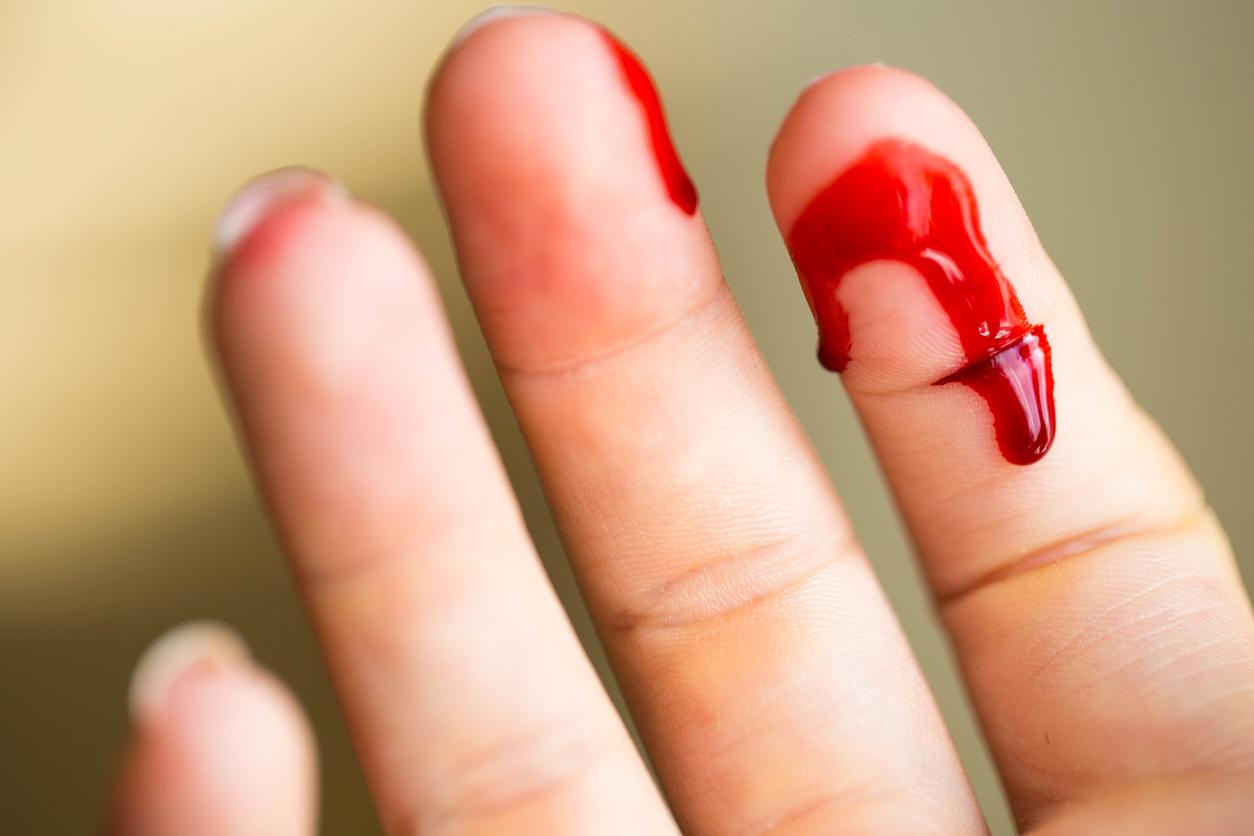In a report from the organization of the blood sector in France that he has just submitted to the Minister of Health, the deputy for Isère Olivier Véran discusses the eviction of blood donation from certain donors, and in particular “ men who have sex with men ”(MSM), excluded automatically, as well as transfused persons and persons under 18 years of age.
“Even before the free gesture, universality has long been a feature of blood donation in France. Anyone was free to donate blood, with the exception of restrictions on the safety of donors (number of donations limited in time, women donate less often than men, children and the elderly are excluded from donation) ” can we read in the report. “After the contaminated blood crisis, the first evictions were put in place. But these selection criteria could be updated ”.
Blood donation: authorized from 16 years old?
The age limit is one of the criteria that is often mentioned. If the donation is now possible up to 70 years, the opening of the donation to minors of 16 years is the subject of debate and a bill was recently tabled in this regard in the Senate. For the deputy, the ban on donation for minors should not be lifted but this question could be referred to the National Consultative Ethics Council (CCNE).
But for the deputy Véran, “the criterion which makes the most debate is the systematic eviction of any male donor having had a sexual relation with another man (MSM), without taking into account sexual practices. The mission devoted a round table to this question, tackling it from a scientific, but also ethical, angle.
“In the case of a heterosexual donor, the questionnaire seeks to identify risky behaviors. In the case of a male homosexual, the questionnaire is suspended immediately. A homosexual in a relationship, stable in his relationship, and not having had a risky relationship within a period likely to be covered by virological screening, may perceive his eviction as discriminatory ”. The mission therefore recommends changing the sexual orientation questionnaire to base it instead on “the donor’s level of risk”.















